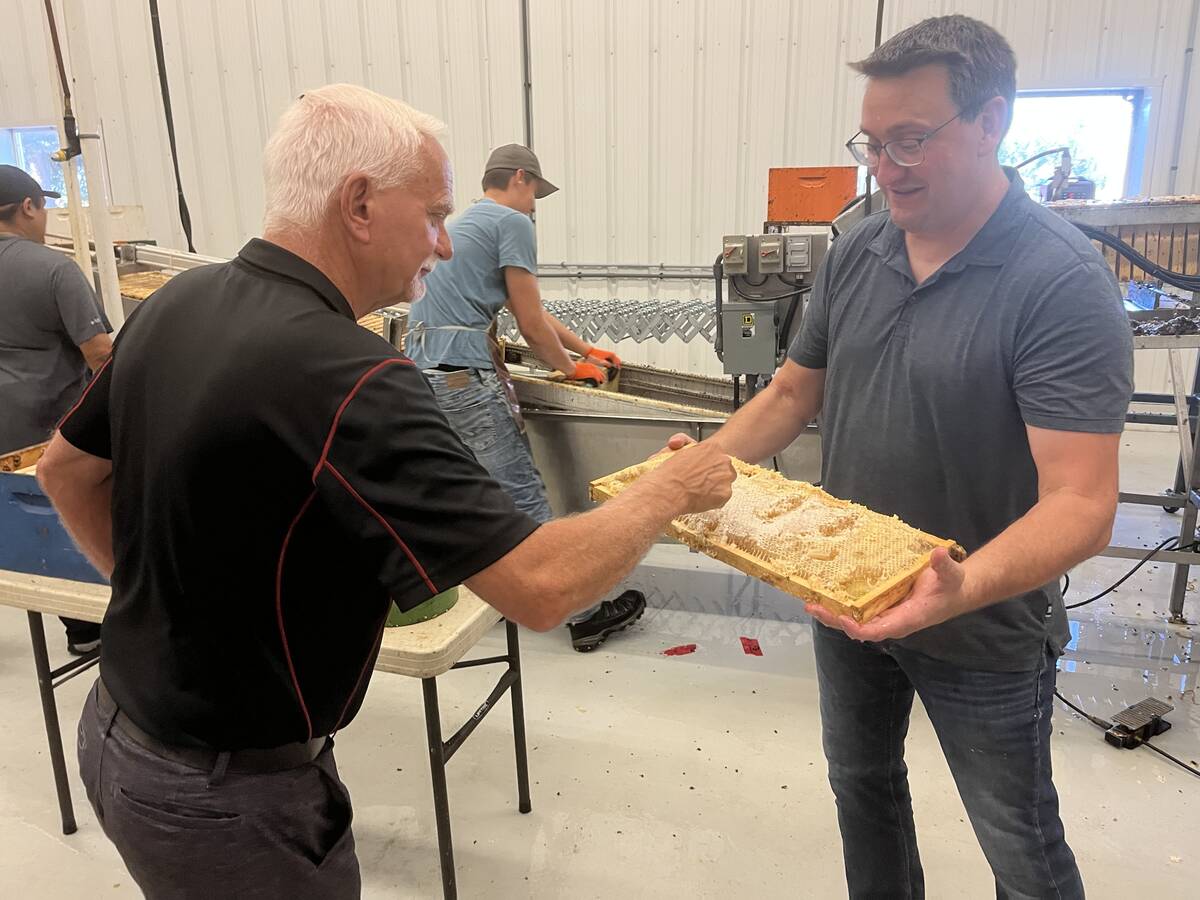Q: After being together for all these years, our parents have decided to get married. Their legal status makes no difference to us. Both my sister and I have grown up, left home and started our own families.
Our parents’ marriage is more symbolic than real. It is a celebration for two people we care about greatly. My sister and I bought a new wedding dress for our mom and a tailor made suit for Dad. This is going to be a double ring ceremony. All four of us see the wedding rings as a tradition but we know little about that tradition. Can you tell us more?
Read Also

Alberta honey business ‘thrives’ despite bumpy beginnings
Thrive Honey showcases its honey production in market where Alberta produces 40 per cent of all honey produced in the country
A: The tradition of double ring wedding ceremonies is not well worn throughout history. For the most part, it goes back only to the Second World War.
Couples adopted the double ring ceremonies so the new soldier husbands could focus on these gold bands when they were overseas during the war. The band reminded them that someone back home loved them.
The ring itself, a circle with no be-ginning or ending, is well understood to mean that the love being shared by two people within the marital ceremony is eternal.
The space enclosed by that band of gold is also symbolic. The empty space is the door that is opened when the ring is placed on the finger and it is through that door that the love and caring of an intimate relationship is found.
The ring is placed on the fourth finger of the left hand. At one time, traditional mythology said that the fourth finger had a direct line flow to the heart but medical science has since debunked that idea.
The real value of the wedding ring is the change it represents in the spark of intimacy that has evolved over the years.
At one time, the ring symbolized possession. Roman Centurions put rings on women that they owned.
Today the ring symbolizes commitment. It represents two people, with equal rights and privilege, coming together with free will and honesty and respecting the rights and privileges of each other.
















